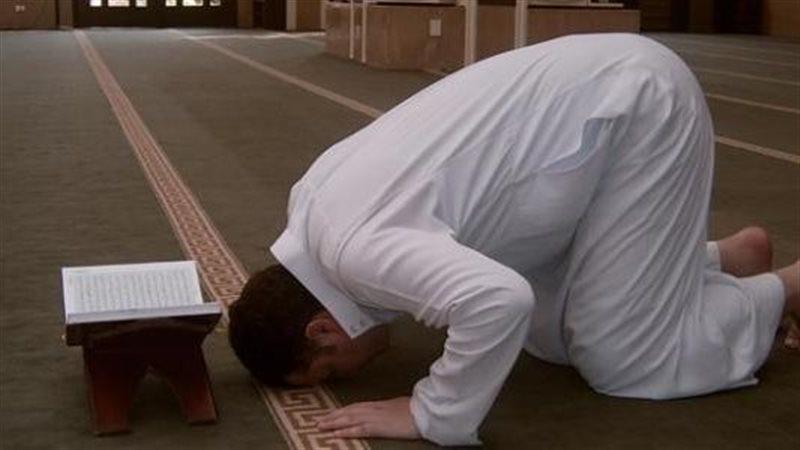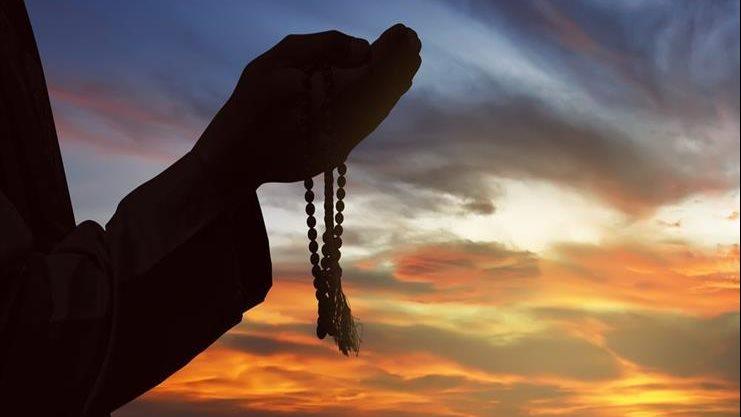Dar Al-Ifta Clarifies the Ruling on Seeking Refuge from Punishment During Prayer
Egypt’s Dar Al-Ifta explained the Islamic ruling on seeking refuge from punishment when reciting or hearing verses of warning during prayer, outlining different scholarly opinions.

Dar Al-Ifta responded to a question regarding the legitimacy of seeking refuge from punishment upon reading or hearing verses of warning during prayer. The authority clarified that it is generally recommended to seek Allah’s protection whenever verses of punishment are recited, whether in or outside of prayer.
The statement published on Dar Al-Ifta’s official website highlighted that reciting the Qur’an is an essential pillar of prayer, citing the Prophet Muhammad’s (peace be upon him) hadith: “When you stand for prayer, say the Takbir, then recite whatever you can from the Qur’an.”
However, scholars differed in their views:
The Hanafi and Maliki schools (and one narration from the Hanbali school) consider it disliked in obligatory prayers, but permissible—and even recommended—for individual voluntary prayers.
The Shafi‘i and another narration from the Hanbali school deem it recommended for every reciter, whether praying alone or in congregation.
Imam Al-Sarakhsi wrote in Al-Mabsut that pausing at verses mentioning Paradise or Hell to make supplication or seek refuge is commendable in voluntary prayers, but disliked for the imam in obligatory ones, as the Prophet (peace be upon him) did not do so in prescribed prayers.
Similarly, Imam Al-Hattab noted in Mawahib Al-Jalil that a follower may send blessings upon the Prophet when mentioned during recitation, or ask for Paradise and seek refuge from Hell, provided this is done occasionally and moderately.
Dar Al-Ifta concluded that seeking refuge upon hearing verses of punishment reflects true reverence and mindfulness in prayer, but should be done with proper decorum and without excessive interruption.
تعرف على الأذكار المستحبة بعد صلاة العشاء وأثرها في صفاء النفس ونيل الأجر العظيم.
الشيخ عويضة عثمان يوضح أن شعور الإنسان بأن الله لن يغفر له هو وسوسة شيطانية هدفها إضعاف الإيمان واليأس من رحمة الله بعد التوبة.
مجموعة من أذكار المساء النبوية الكاملة التي تحفظ النفس وتمنح القلب سكينة وطمأنينة، كما وردت عن النبي صلى الله عليه وسلم لتكون حصنًا للمؤمن طوال الليل.
أكدت دار الإفتاء المصرية أن الرشوة من الكبائر، وأن المرتشي يحرم نفسه من نعمة استجابة الدعاء، موضحة الفرق بين الرشوة والإكرامية وحكم دفع المال لإنهاء المصالح.




